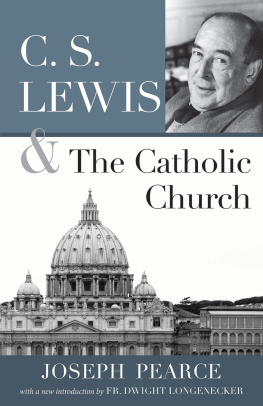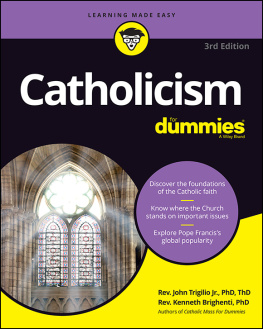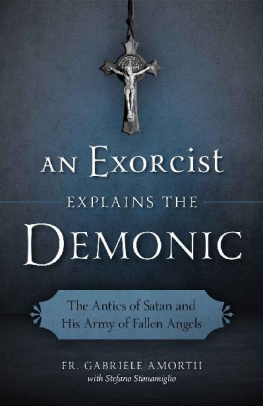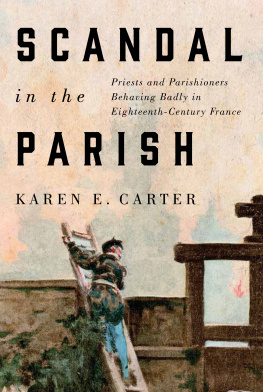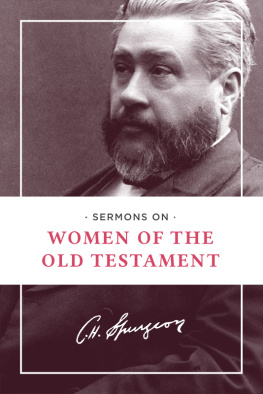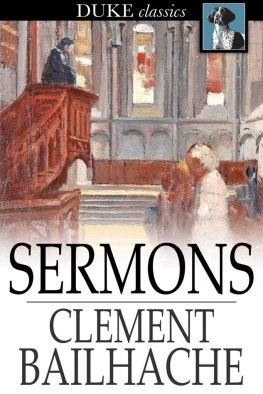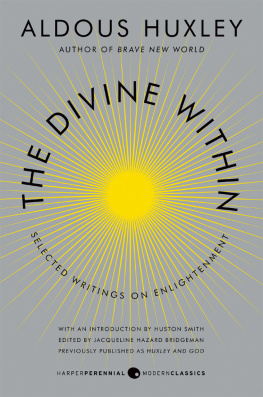Catholic Church - Selected Writings
Here you can read online Catholic Church - Selected Writings full text of the book (entire story) in english for free. Download pdf and epub, get meaning, cover and reviews about this ebook. City: London;New York, year: 1994;2010, publisher: Penguin Group USA, Inc., genre: Religion. Description of the work, (preface) as well as reviews are available. Best literature library LitArk.com created for fans of good reading and offers a wide selection of genres:
Romance novel
Science fiction
Adventure
Detective
Science
History
Home and family
Prose
Art
Politics
Computer
Non-fiction
Religion
Business
Children
Humor
Choose a favorite category and find really read worthwhile books. Enjoy immersion in the world of imagination, feel the emotions of the characters or learn something new for yourself, make an fascinating discovery.
- Book:Selected Writings
- Author:
- Publisher:Penguin Group USA, Inc.
- Genre:
- Year:1994;2010
- City:London;New York
- Rating:5 / 5
- Favourites:Add to favourites
- Your mark:
- 100
- 1
- 2
- 3
- 4
- 5
Selected Writings: summary, description and annotation
We offer to read an annotation, description, summary or preface (depends on what the author of the book "Selected Writings" wrote himself). If you haven't found the necessary information about the book — write in the comments, we will try to find it.
Selected Writings — read online for free the complete book (whole text) full work
Below is the text of the book, divided by pages. System saving the place of the last page read, allows you to conveniently read the book "Selected Writings" online for free, without having to search again every time where you left off. Put a bookmark, and you can go to the page where you finished reading at any time.
Font size:
Interval:
Bookmark:

JOHANNES ECKHART, more commonly known as Meister Eckhart, was born near Gotha in eastern Germany in around 1260. He had an illustrious career in the Dominican Order, holding senior ecclesiastical and teaching posts all over Europe including Saxony, Bohemia, Paris, Strasburg and Cologne. Eckhart is one of the great speculative mystics of Western Europe, who sought to reconcile traditional Christian belief with the transcendental metaphysics of Neoplatonism. Although accused of heretical teaching during his own lifetime, Eckhart is widely regarded today not only as fundamentally orthodox but also as a foremost exponent of Christian mysticism and Christian philosophical theology. He died in the winter of 1327/8 in Avignon.
OLIVER DAVIES studied modern languages at Oxford where he completed his doctorate on modern German literature. Since then he has researched and published mainly in the area of theology, specializing in medieval mysticism and Celtic Christianity. He lectured for a number of years at the University of Cologne, and is now senior lecturer in theology at the University of Wales, Lampeter.
Meister Eckhart
Selected and Translated by OLIVER DAVIES
PENGUIN BOOKS
For Cyprian Smith, OSB
The material presented in new translation for this volume derives overwhelmingly from the German works of Meister Eckhart since it is here that he lays aside the conventions of formal writing and seeks to speak to the hearts of those whom he is addressing. The first text, The Talks of Instruction, is a superb and relatively straightforward account of Eckharts understanding of the spiritual life, while the two treatises of the later Liber Benedictus (The Book of Divine Consolation and On the Noble Man) are altogether more complex and are generally an exploration, in German, of Eckharts theory of analogy. Among these treatises I have not included On Detachment since it is by no means clear that this is by the hand of Eckhart.
In selecting from the German sermons, I have sought to give an overall impression of Eckharts thought, paying special attention to those texts in which he shows his most characteristic positions. Work on the critical edition of Eckharts sermons is still in progress, and Sermons 29 and 30 are presented here in English for the first time.
The selection concludes with a number of Latin sermons, some of which (Sermons 1,3 and 4) have not appeared in English translation before. These present familiar Eckhartian themes in a style which reflects the academic milieu in which they were originally preached.
Eckharts highly original prose presents numerous challenges to his English translator. In particular, I have found difficulty with his use of spacial metaphors in order to describe metaphysical states (for example, going out of yourself, being in justice). Generally, I have followed this same device in English; if the result is stylistically a little unconventional, then it is no more so than the original German. I have also experienced some difficulty with the verb werken and its cognates, which contain a whole range of diverse meanings. These range from active, act and action (often to be contrasted with passivity and receptivity) to specific works of ascetical piety. Inevitably in such cases something of the consistency of the original is lost in English translation. I must also record that I have greatly profited from M. OC. Walshes translation of the complete German works. While not agreeing with all his judgements, and myself opting for a slightly different register of modern English, I have nevertheless found his work, on particular points, a valuable and consistent guide. Finally, I am indebted to Josef Quint and the Stuttgart edition of Eckharts work for a number of points in the notes, which I have designated by square brackets.
These are the talks which the Vicar of Thuringia, the Prior of Erfurt, Brother Eckhart of the Order of Preachers, gave to those in his care who asked him many things concerning these talks as they sat together in evening discussions
On true obedience.
True and perfect obedience is a virtue above all virtues, and there is no work, however great it may be, that can take place or be performed without this virtue, and even the very least of works, whether it be saying or listening to Mass, praying, meditating, or whatever you can think of, is more usefully done when it is performed in true obedience. Take any work you wish, however minor it may be, true obedience will make it nobler and better for you. Obedience always brings out the very best in all things. Indeed, obedience never undermines or forgets those things which we do out of true obedience, for it never neglects what is good. Obedience need never be anxious, for there is no form of goodness which it does not possess in itself.
When we go out of ourselves through obedience and strip ourselves of what is ours, then God must enter into us; for when someone wills nothing for themselves, then God must will on their behalf just as he does for himself. Whenever I have taken leave of my own will, putting it in the hands of my superior, and no longer will anything for myself, then God must will on my behalf, and if he neglects me in this respect, then he neglects himself. And so in all things in which I do not will for myself, God wills on my behalf. Now take note! What does he will for me, if I will nothing for myself? When I shed my own self, then he must of necessity will for me everything that he wills for himself, no more and no less, and in the very same way that he wills for himself. And if God did not do this, then by the truth which God is, he would not be just nor would he be God (which of course he is by his nature).
In true obedience there should be no I want this or that to happen or I want this or that thing but only a pure going out of what is our own. And therefore in the very best kind of prayer that we can pray there should be no give me this particular virtue or way of devotion
On the most powerful prayer of all and the finest work.
The most powerful form of prayer, and the one which can virtually gain all things and which is the worthiest work of all, is that which flows from a free mind. The freer the mind is, the more powerful and worthy, the more useful, praiseworthy and perfect the prayer and the work become. A free mind can achieve all things. But what is a free mind?
A free mind is one which is untroubled and unfettered by anything, which has not bound its best part to any particular manner of being or devotion and which does not seek its own interest in anything but is always immersed in Gods most precious will, having gone out of what is its own. There is no work which men and women can perform, however small, which does not draw from this its power and its strength.
We should pray with such intensity that we want all the members of our body and all its faculties, eyes, ears, mouth, heart and all our senses to turn to this end; and we should not cease in this until we feel that we are close to being united with him who is present to us and to whom we are praying: God.
On undetached people who are full of self-will.
People say: O Lord, I wish that I stood as well with God and that I had as much devotion and peace with God as other people, and that I could be like them or could be as poor as they are. Or they say: It never works for me unless I am in this or that particular place and do this or that particular thing. I must go to somewhere remote or live in a hermitage or a monastery.
Next pageFont size:
Interval:
Bookmark:
Similar books «Selected Writings»
Look at similar books to Selected Writings. We have selected literature similar in name and meaning in the hope of providing readers with more options to find new, interesting, not yet read works.
Discussion, reviews of the book Selected Writings and just readers' own opinions. Leave your comments, write what you think about the work, its meaning or the main characters. Specify what exactly you liked and what you didn't like, and why you think so.


